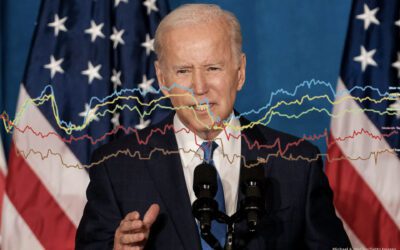Hillary Clinton won the first debate against Donald Trump and likely produced electoral shifts, according to participants in a live dial meter focus group organized by Democracy Corps and commissioned by Women’s Voices. Women Vote Action Fund.[1] These participants, comprised of voter blocs critical to the outcome of this election, watched a Democratic candidate lay out a broad economic vision that spoke to their lives, show strength that reassured on security, speak to our nation’s racial divisions in a way that engaged voters and most of all, reassure them on trust and honesty. Trump’s performance, with some exceptional moments, lacked the bombast of previous efforts, but did little to reassure voters about the prospect of a Trump presidency, particularly when it comes to security. Dials showed that Trump really struggled with both his tax plan and his own taxes, his contempt for women and above all, when he talked about his favorite subject: himself. The only area where he made gains was on having the right approach to trade agreements.
Clinton produced impressive gains in the vote, squeezing the third party candidates and raising intensity of support with white unmarried women and white working class voters.[2] That alone would be a big night. But just as important, she shifted these voters’ perceptions of her as a person on such key attributes as trustworthiness, having good plans for the economy, jobs, and looking out for the middle class. There was also a huge shift in her overall favorability (+33 points).
The white working class story is almost as impressive. Their lines spiked all through the debate and their favorability towards Clinton also shifted 33 points. The 2-way vote margin shifted 16 points as the 3rd party vote got squeezed. And at the end of the debate she won her biggest gains with these working class voters on the economy, keeping America strong and having the right approach to taxes. Clinton could not have hoped for better.
Millennials also responded very positively to key parts of Clinton’s performance, though their favorability shift was not as great as other groups and Clinton lost a little ground on the vote. We will watch what happens in the real world.
Overall, this was a very good night for Hillary Clinton.
[1] Democracy Corps conducted online dial meter research among 100 likely voters nationally: 50 persuadable voters, 25 white unmarried women, and 25 millennials during the presidential debate. Surveys were administered before and after the live dial meter session. An online breakout focus group among those who changed their vote or become more certain of the vote was conducted after the debate.
[2] This research is qualitative in nature and involves 100 total participants. Results are not statistically projectable onto a larger population.




